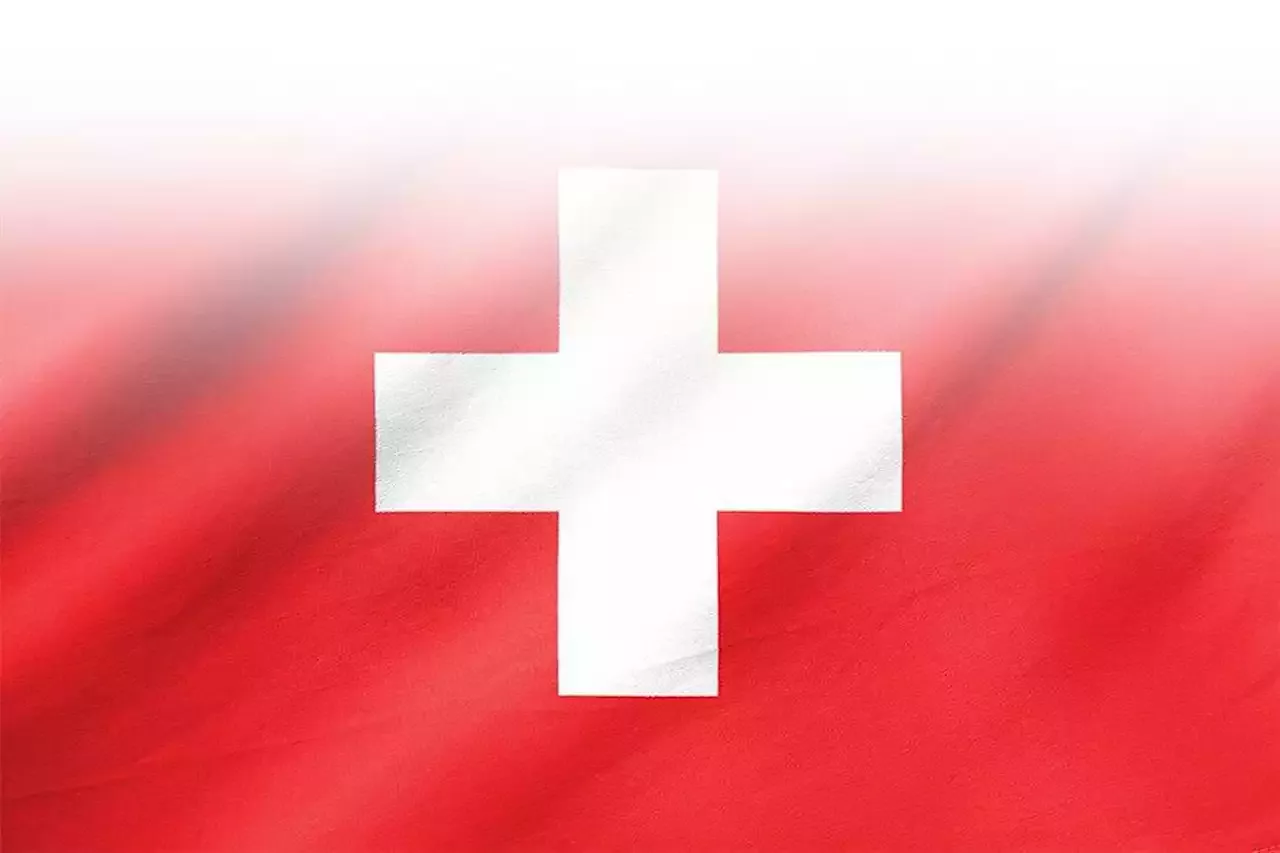When Switzerland joined Western sanctions against Russia in the days following Vladimir Putin’s invasion of Ukraine, the European Union’s foreign-policy chief described it as “.” It was also unexpected news. Until then, largely thanks to mountainous terrain that provides a natural buffer against its neighbours’ bloody quarrels, Switzerland had managed to stick to a stance of neutrality, enshrined in the 1815 Treaty of Paris, even when the rest of the continent descended into total war.
In recent weeks, multinationals long wary of being drawn into political entanglements have rushed to cut their ties with Russia. Even social media companies are abandoning their long-held pretence of being neutral platforms: Facebook amended its hate speech policy. The same urge is manifest in the realms of sports and culture, where the list of sanctions runs long. Russia has been banned from the FIFA World Cup, and its athletes won’t be able to medal in the Paralympic Games.
This protection of the non-political spheres of life has been falling steadily out of fashion. Increasingly, those different selves are expected to march to the same beat. Political values travel from the voting booth to the supermarket, the workplace, and the dinner table. The result has been— McDonald’s faced calls for boycotts at home when it hesitated too long before shutting down its 847 Russian outlets, but three months ago it met with similar boycotts for supporting vaccine mandates.
In his 2016 book, “Today We Drop Bombs, Tomorrow We Build Bridges,” the journalist Peter Gill describes how the ensuing “war on terror” increased pressure on humanitarian organizations like the International Committee of the Red Cross to align with the Western alliance’s foreign policy goals and loosen their long-held stance of neutrality in conflict zones.
Disparate though they are, the realms of culture and humanitarian aid share a common trait, which is that the more in thrall to political imperative they are, the less potent they become —as tools of politics. Insofar as art has power to move us, it cannot be reducible to slogans, however laudable. And if humanitarian organizations are to do their work, and through it contribute to peace, they must be protected from being seen as serving one side’s political objectives.
This news paper should be banned!
The ONLY person that should be suffering and paying the price for what is going on in Ukraine now is one atrocious man, Putin. Punishing average Russian citizens is not the answer and could have unintended consequences.
